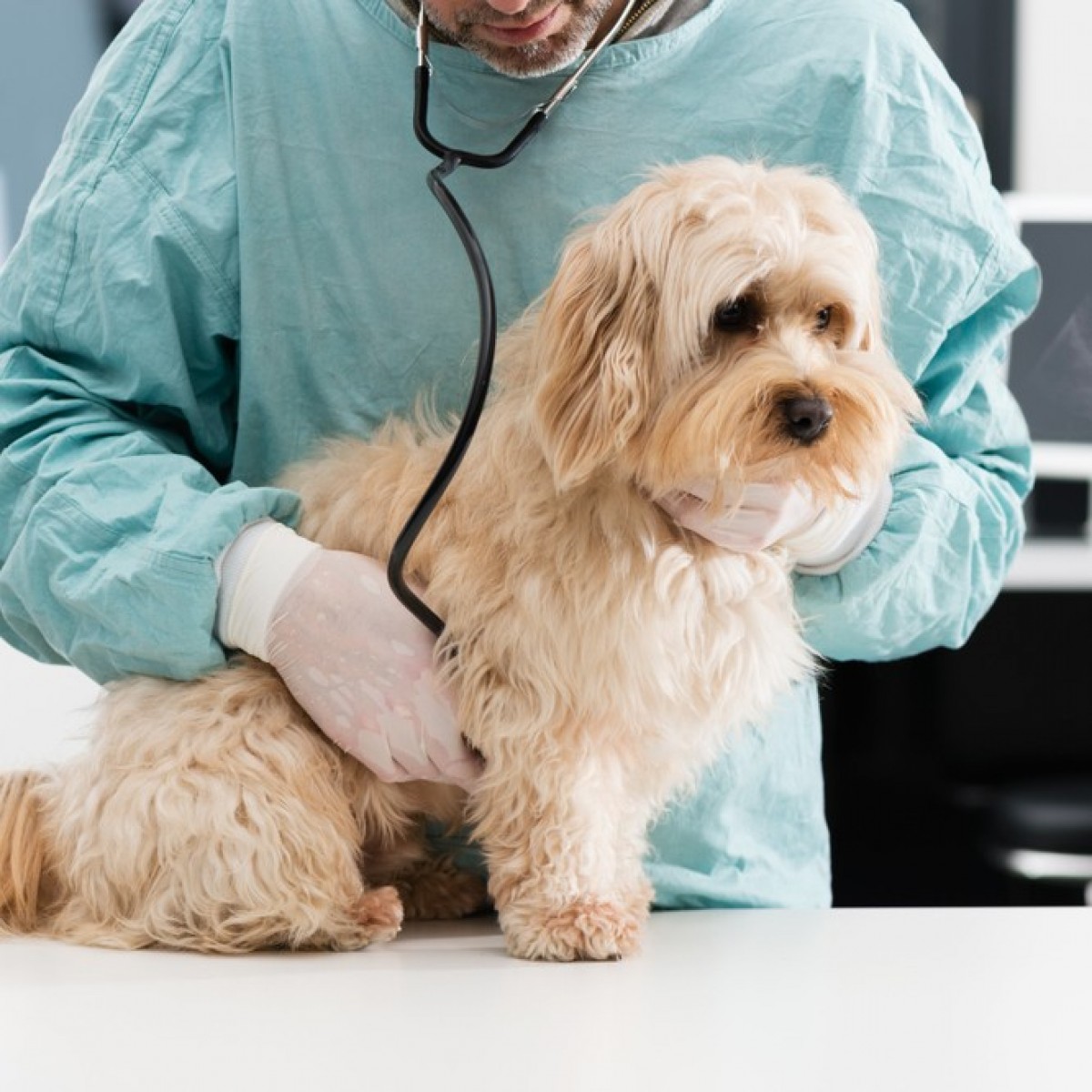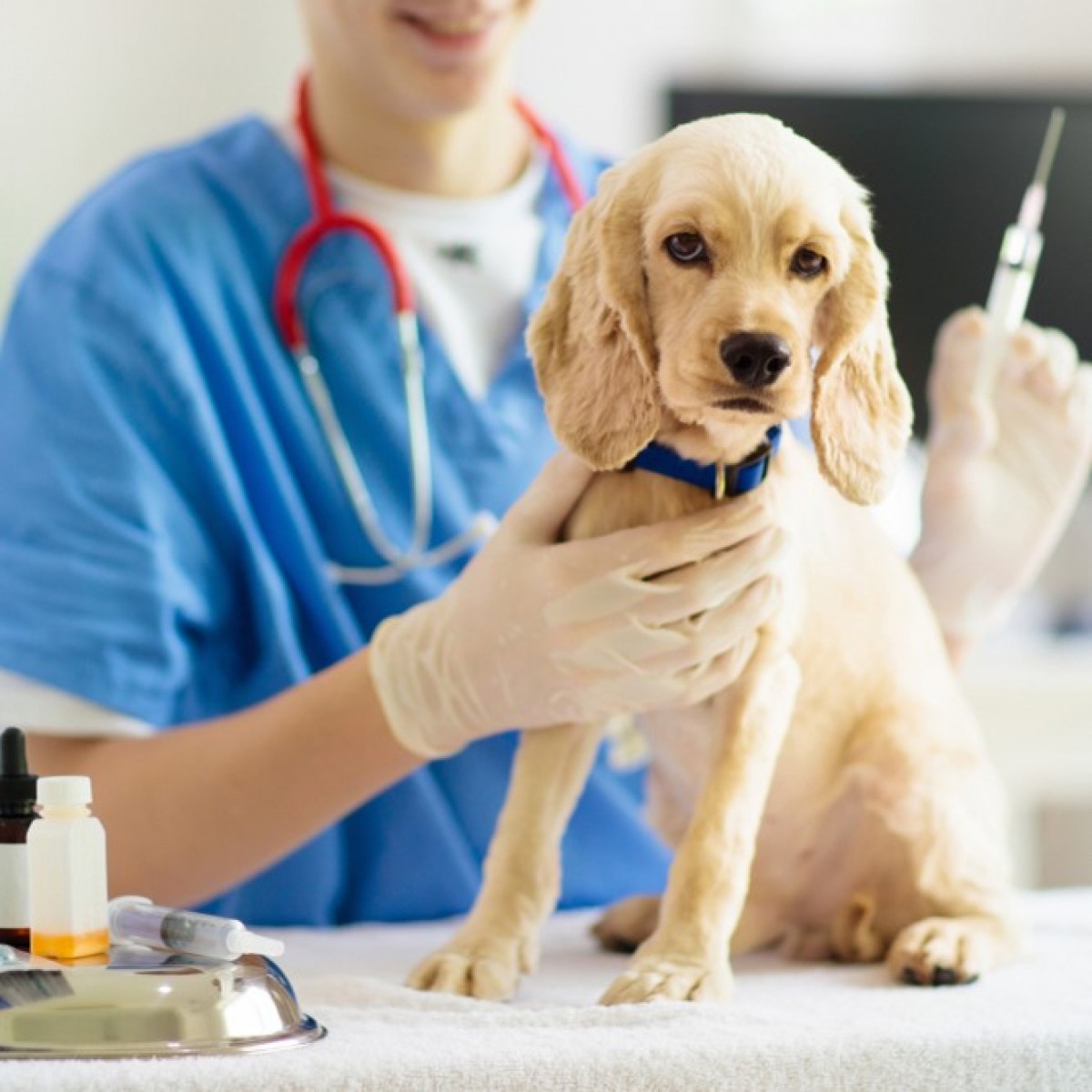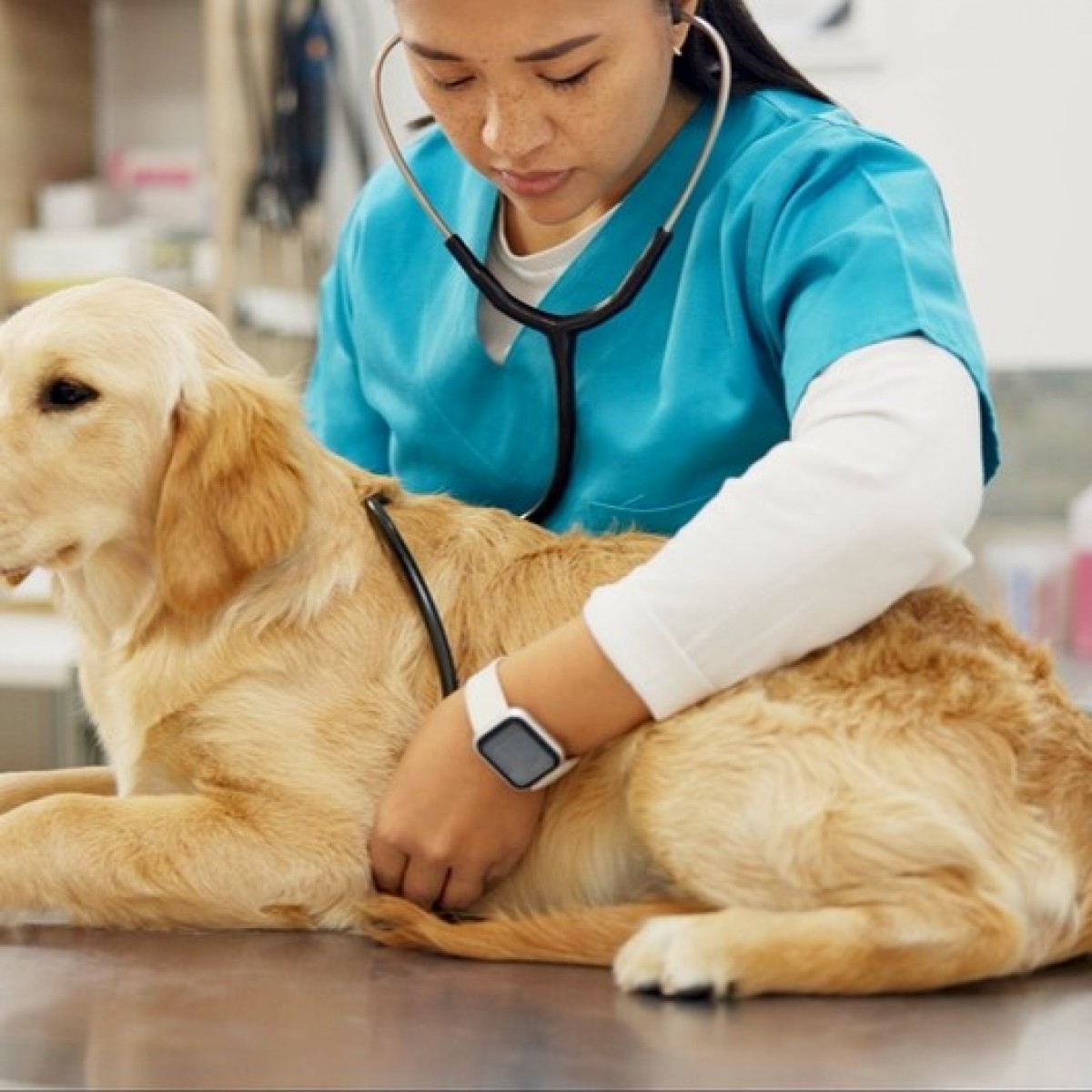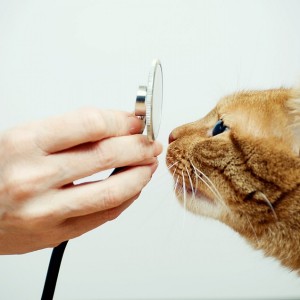Understanding and resolving lower UTIs in cats, dogs
Pet Talk, a service of the School of Veterinary Medicine & Biomedical Sciences, Texas A&M University
For pets with urinary tract infections (UTIs), an everyday task like peeing can be uncomfortable and possibly painful. Since UTIs are common in cats and dogs, owners should understand the cause and symptoms of UTIs as well as how to resolve them with veterinary guidance.
Dr. Johanna Heseltine, a clinical associate professor at the Texas A&M School of Veterinary Medicine & Biomedical Sciences, explains that most UTIs are caused by bacteria entering the bladder through the urethra, two organs that form the lower urinary tract.
Signs that their pet is experiencing symptoms of a lower UTI include “straining to urinate; urinating small amounts frequently; urinating in inappropriate places, such as outside the litter box for cats; and sometimes passing blood in the urine,” Heseltine said.
Male and female animals experience similar signs of UTIs, but Heseltine says that females are more susceptible because they have shorter and wider urethras than males, which makes it easier for bacteria to enter back into the bladder.
Regardless of your pet’s sex, the path to testing and treating UTIs depends on the number of times your companion has had an infection.
For a dog’s or cat’s first UTI, veterinarians may complete a urinalysis, a common test that uses a urine sample to diagnose infections, before setting a treatment course.
“It is likely that a urinalysis will be used to determine if there is a UTI and if antibiotics are needed,” Heseltine explained. “In this situation, an antibiotic might be given without additional testing.”
On the other hand, veterinarians may decide more testing is required before providing the best treatment option for your pet. Two of these tests include a urine culture test to determine the specific bacteria causing the UTI and an antibiotic susceptibility test to identify which antibiotic will stop the growth of the bacteria.
Urine cultures and antibiotic susceptibility tests are especially important for pets who have been treated with an antibiotic before or have had multiple UTIs because these tests allow veterinarians to be more accurate when recommending the best antibiotic, according to Heseltine.
Heseltine pointed out that veterinarians also practice antimicrobial stewardship to ensure that the infection is resolved using the correct antibiotic with the right dosage.
“The term antimicrobial stewardship refers to optimizing the use of antibiotics to appropriately treat bacterial infections while avoiding unnecessary antibiotic use that can result in antibiotic resistance,” Heseltine said.
Owners can also practice antimicrobial stewardship by following their veterinarian’s recommendations regarding testing and whether antibiotics are needed.
If a pet continues to have UTIs frequently or does not respond to antibiotics, Heseltine said there may be a different medical issue present, such as an immune system problem or structural damage in the urinary tract.
“Dogs and cats can get occasional urinary tract infections without an identifiable underlying cause,” Heseltine said. “However, if they have recurrent UTIs, a veterinarian should evaluate them for a medical cause that predisposes them to infections.”
For example, young adult cats can develop a syndrome called feline idiopathic cystitis, which causes inflammation and the signs of a UTI without an infection.
“The signs of FIC resolve on their own within a week, so if an antibiotic is prescribed unnecessarily, it can seem like the antibiotics are the cause of the improvement when in fact, it is just the episode of FIC resolving on its own,” Heseltine explained.
If you see your furry companion peeing abnormally, visit the veterinarian to determine if an infection is the culprit. Having UTIs treated, or allowing an FIC episode to run its course, will help your pet get back into their happy groove sooner.
Pet Talk is a service of the School of Veterinary Medicine & Biomedical Sciences, Texas A&M University. Stories can be viewed on the web at vetmed.tamu.edu/news/pet-talk. Suggestions for future topics may be directed to vmbs-editor@tamu.edu.














List
Add
Please enter a comment